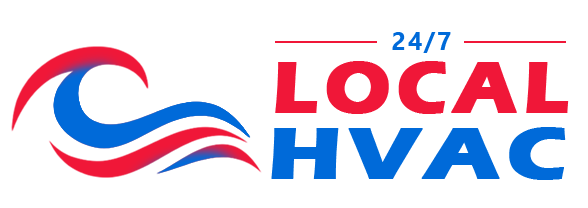HVAC Preventative Maintenance
You wouldn’t drive your car 100,000 miles without changing the oil. The same logic holds true for your home comfort system. Regular HVAC preventative maintenance is the best way to ensure trouble-free operation and peak performance. Pre-season maintenance is also important. It can help to avoid a system failure in severe hot or cold weather when you need it most, and it can also keep your energy bill from getting out of control.
WHEN SHOULD I DO FURNACE HVAC PREVENTATIVE MAINTENANCE?
The old adage is true: an ounce of prevention is worth a pound of cure. Below you’ll find our Preventative Maintenance Checklist, which is our proven method to keep your system in the pink and your home in constant comfort.
- For a system that heats and cools: perform maintenance in the spring and fall
- For cooling system maintenance only: perform maintenance at least once a year, before the cooling season
- For furnace maintenance only: perform maintenance at least once a year, before the heating season.
HVAC PREVENTATIVE MAINTENANCE CHECKLIST
Many dealers provide priority service for their customers who have an annual maintenance or service agreement. Bi-annual preventative maintenance will ensure that your system runs as efficiently as possible. Your local dealer will perform the following tasks, depending on the unit:
OUTDOOR UNITS
- Inspect unit for proper refrigerant level and adjust if necessary
- Clean dirt, leaves and debris from inside cabinet
- Inspect base pan for restricted drain openings—remove obstructions as necessary
- Inspect coil and cabinet—clean as needed
- Inspect fan motor and fan blades for wear and damage—on older models lubricate as needed
- Inspect control box, associated controls/accessories, wiring and connections. Controls may include contactors, relays, circuit boards, capacitors, sump heat and other accessories. All control box and electrical parts should be checked for wear or damage.
- Inspect compressor and associated tubing for damage
INDOOR UNITS
- Inspect and clean blower assembly (includes blower housing, blower wheel and motor)
- On older models, lubricate motor and inspect and replace fan belt if needed
- Check combustion blower housing for lint and debris and clean as necessary
- Inspect evaporator coil, drain pan and condensate drain lines. Clean as needed
- Inspect for gas leaks in gas furnaces
- Inspect burner assembly—clean and adjust as needed
- Inspect ignition system and safety controls—clean and adjust as needed
- Inspect heat exchanger or heating elements
- Inspect flue system—check for proper attachment to the furnace, any dislocated sections, and for signs of corrosion. Replace if necessary.
- Inspect control box, associated controls, wiring and connections
- Clean or replace air filters
- Inspect conditioned airflow system (ductwork)—check for leaks
- WHILE YOUR SYSTEM IS OPERATING
- Monitor system starting characteristics and capabilities
- Listen for abnormal noise
- Search for source of unusual odors
- Monitor air conditioning and heat pump systems for correct refrigerant charge
- Measure outdoor dry bulb temperature
- Measure indoor dry and wet bulb temperature
- Measure high and low side system pressures
- Monitor gas furnace for correct line and manifold gas pressure—make adjustments as needed
- Measure temperature rise and adjust airflow as needed
- Check vent system for proper operation
- Monitor system for correct line and load volts/amps
- Monitor system operation per manufacturer’s specifications
- Provide system operation report and recommend repairs or replacement as necessary
- NOTE: Trane recommends all maintenance and service work be performed by a professional air conditioning and heating dealer that holds the appropriate credentials to install and service air conditioning and heating equipment.
- HOW CAN I GET THE MOST OUT OF MY TRANE HEATING AND COOLING SYSTEMS?
- Trane systems are designed to provide optimal efficiency and comfort. Now it’s time to do the same to your home. Here are some things you can do around the house to optimize the operation of your system, as well as the comfort inside your home.
- COOLING SYSTEM MAINTENANCE
- Set the thermostat as high as comfort will permit.
- Make sure attics are adequately ventilated to relieve heat buildup. If necessary, improve airflow by adding or enlarging vents.
- When building a new house or renovating an old one, choose light-colored roof shingles to reflect more of the sun’s heat.
- During moderate weather, don’t use the air conditioner unnecessarily.
- Draw blinds or drapes to block the sunlight during the hottest part of the day.
- Install awnings over windows exposed to direct sunlight.
- In the cooling season, don’t run kitchen and bath exhaust fans longer than necessary.
- Don’t place lamps, TV sets or other heat-producing devices beneath a wall-mounted thermostat. Rising heat from that equipment may cause the air conditioning system to overcool your house.
- HEATING & FURNACE MAINTENANCE
- Locate the thermostat on an inside wall away from windows and doors.
- Set the thermostat as low as comfort permits. Each degree over 68°F can add 3% to the amount of energy needed for heating.
- People generate heat. So lower the thermostat a degree or two when expecting a large group of guests.
- INSULATION
- Make sure your home is properly insulated. This is the single most important step in conserving energy. Thermal insulation should be specified in terms of thermal resistance (R-values). R-30 (10″) is recommended for ceilings, and R-11 (3-1/2”) for exterior walls and floors over unheated areas. In colder climates, consider additional insulation.
- Infiltration of humid outside air is your heating and air conditioning system’s worst enemy—it could account for 15% to 30% of air conditioning energy requirements. Find the places where air can sneak into the home and plug them with caulking, weather-stripping or plastic. Also, weather-strip and caulk around all entrance doors and windows.
- Cut heat transfer through your windows by 40% to 50% with double-glazing (two panes of glass separated by a sealed air space) and low-e glass.
- Use wood- or metal-frame storm windows even if single-glazed windows are high quality. The extra layer of glass and the layer of still air will cut heat transfer considerably.
- Install storm doors at all entrances to your house.
- Keep all windows and doors closed.
- Remember that by increasing the glass area, you increase the amount of heat added in summer and lost in winter.
- Make sure fireplaces have tight-fitting dampers, which can be closed when the fireplace is not in use. Invest in a humidifier to conserve energy in winter. The air in your home won’t be as dry, so you stay comfortable at a lower temperature setting.
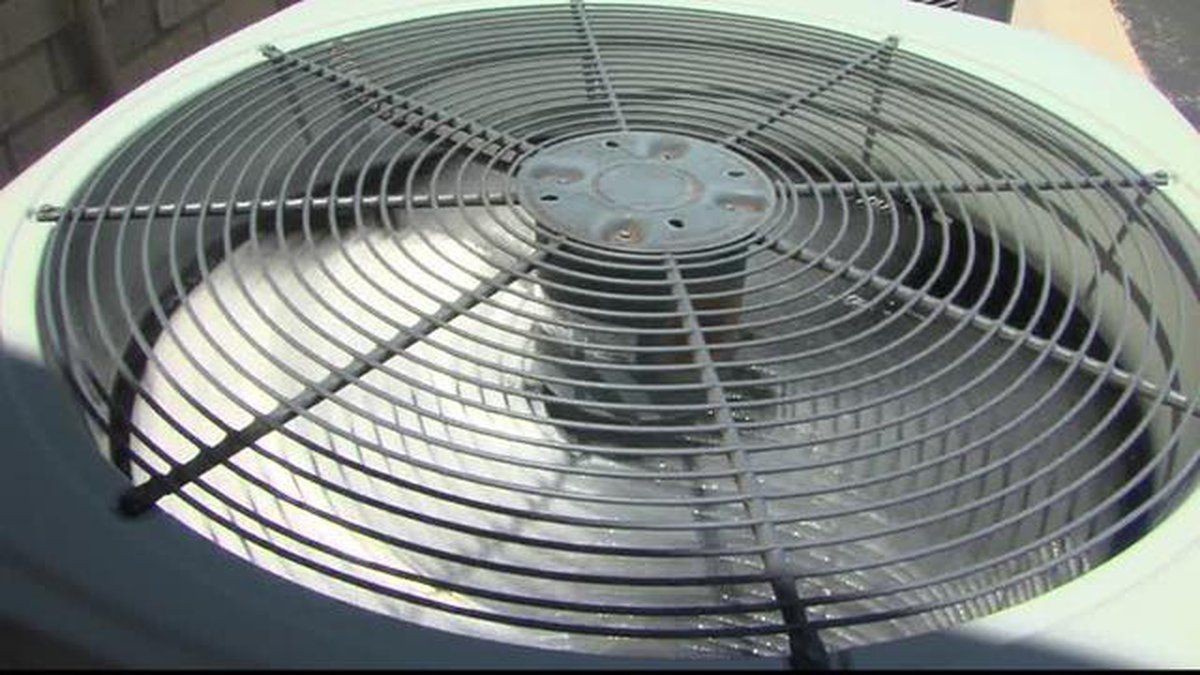

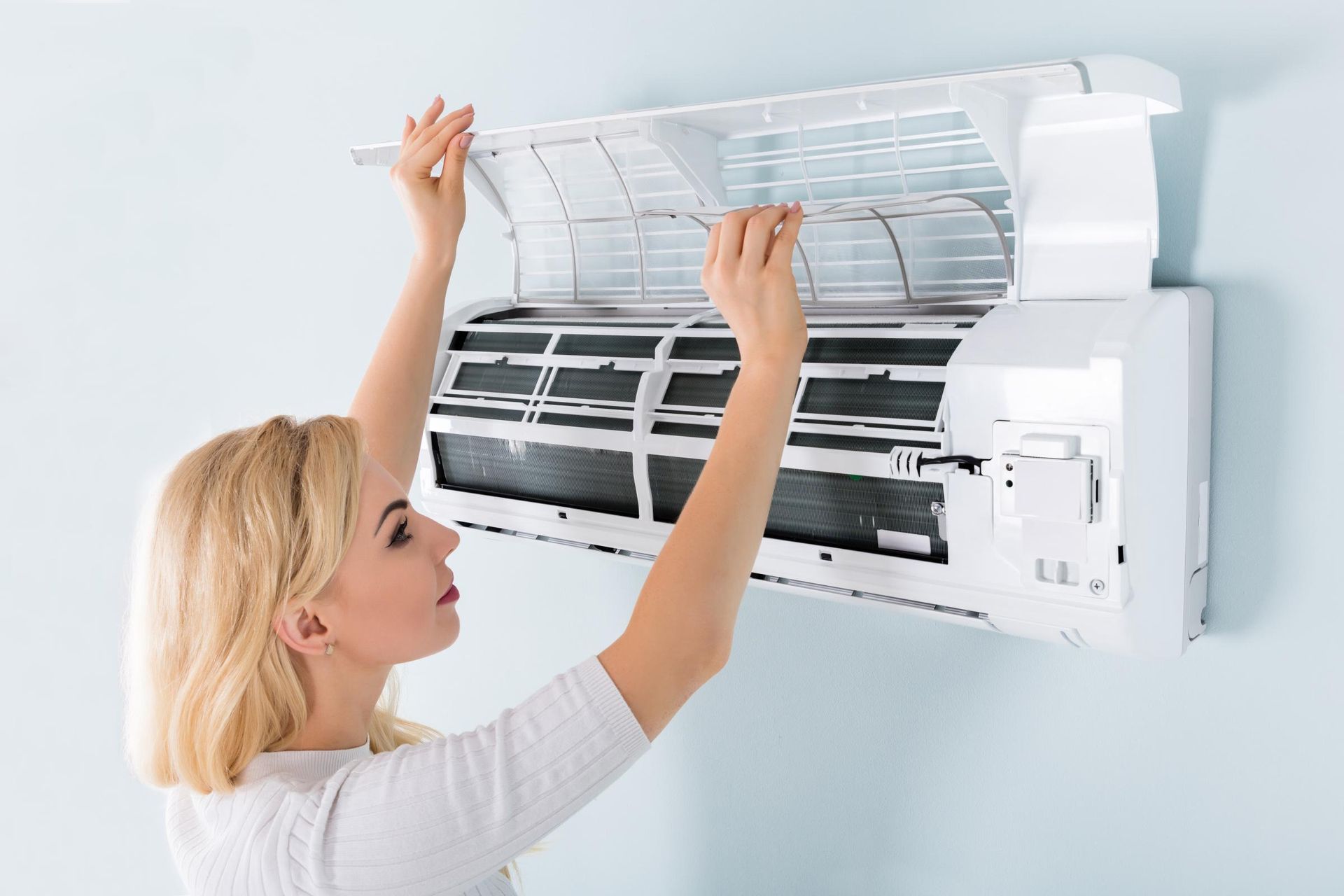
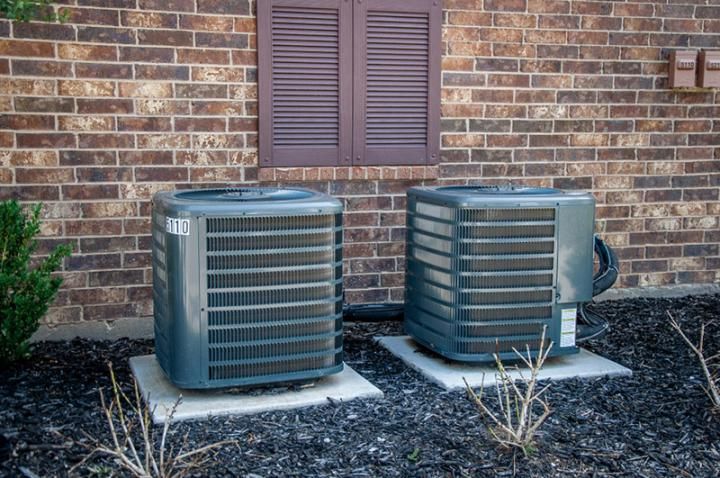

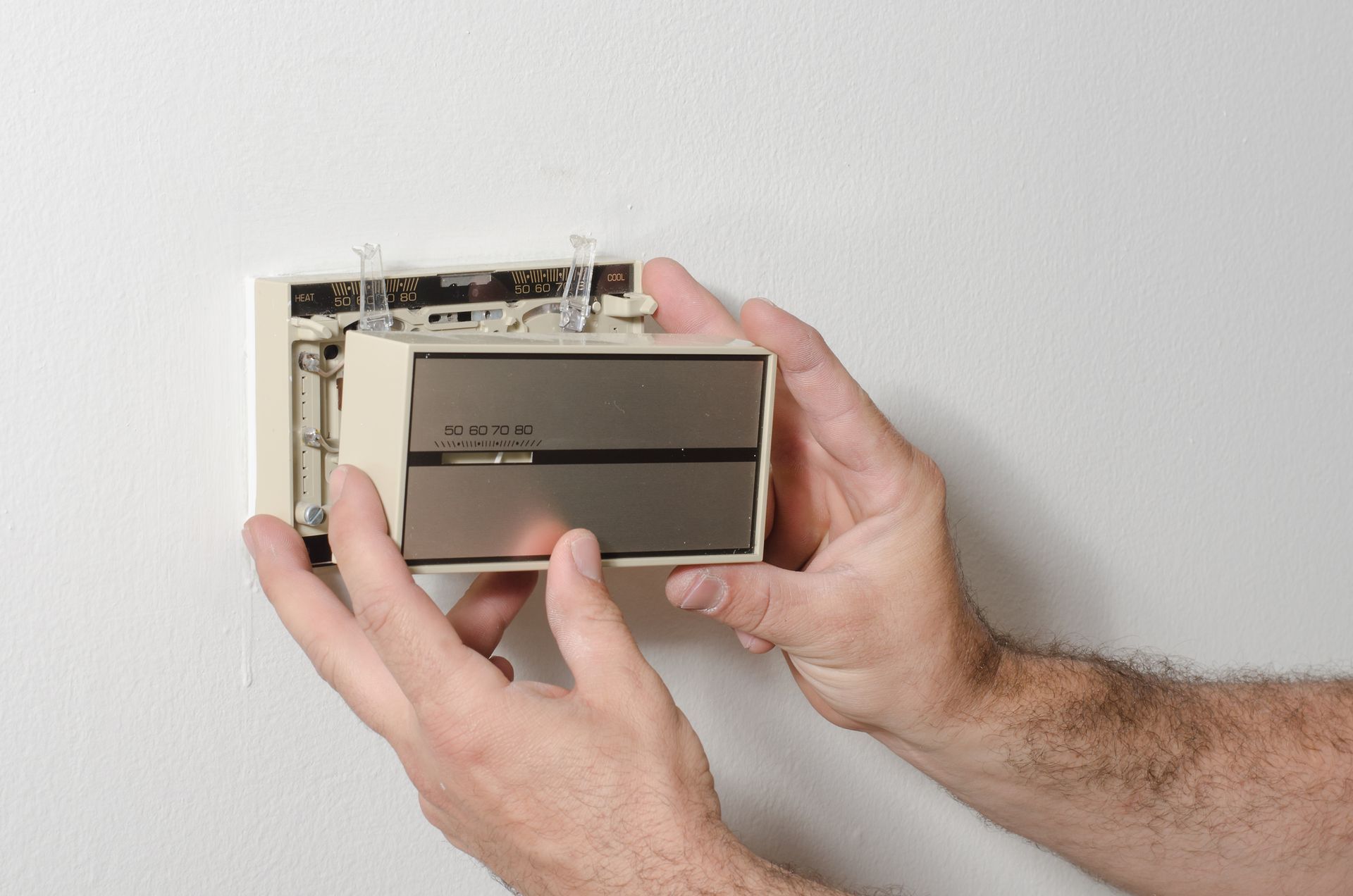

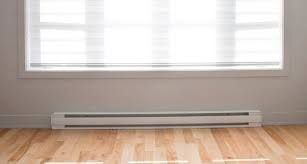
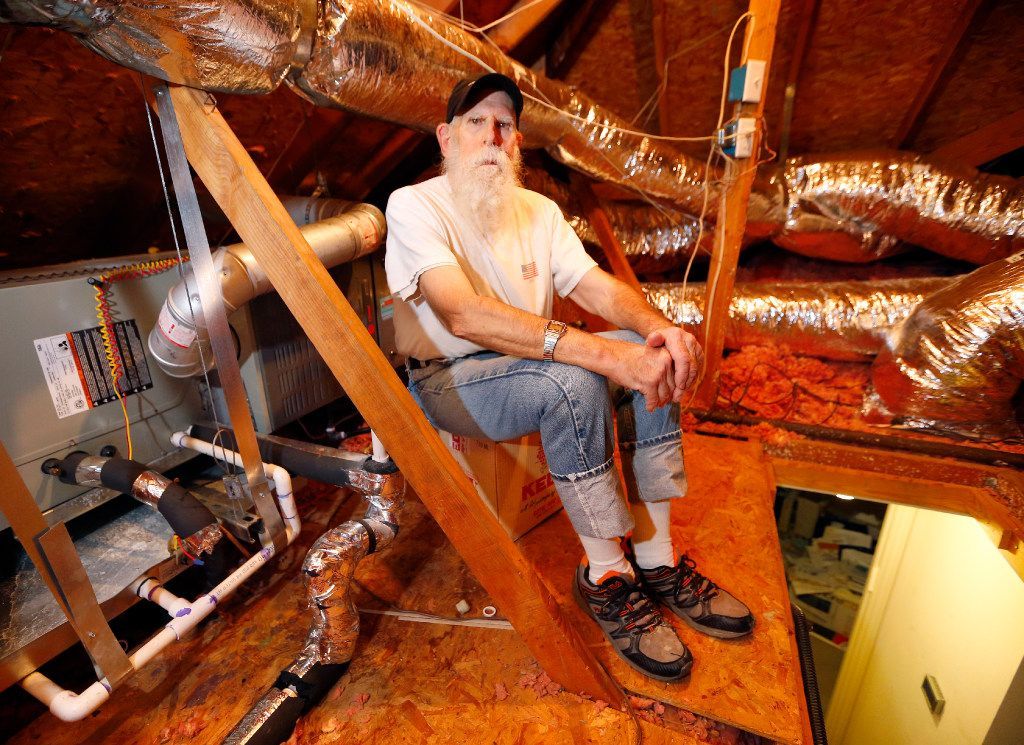

1200 Brickell Avenue Suite 1950, Miami, FL 33131
At 24/7 Local HVAC, we specialize in facilitating connections with top-tier HVAC professionals. Our focus is on bridging the gap between you and reputable HVAC companies operating within your local vicinity. It's important to emphasize that each of these HVAC entities functions independently and autonomously.
We firmly place the onus on every individual user to meticulously verify that any selected HVAC company aligns with the mandated licensing and insurance prerequisites stipulated by the governing authorities in their respective jurisdiction.
Furthermore, it's worth noting that our services may regrettably not cover all geographical areas. In instances where our services are available, the scope of offerings could potentially differ based on the composition of service providers present within that particular region.

